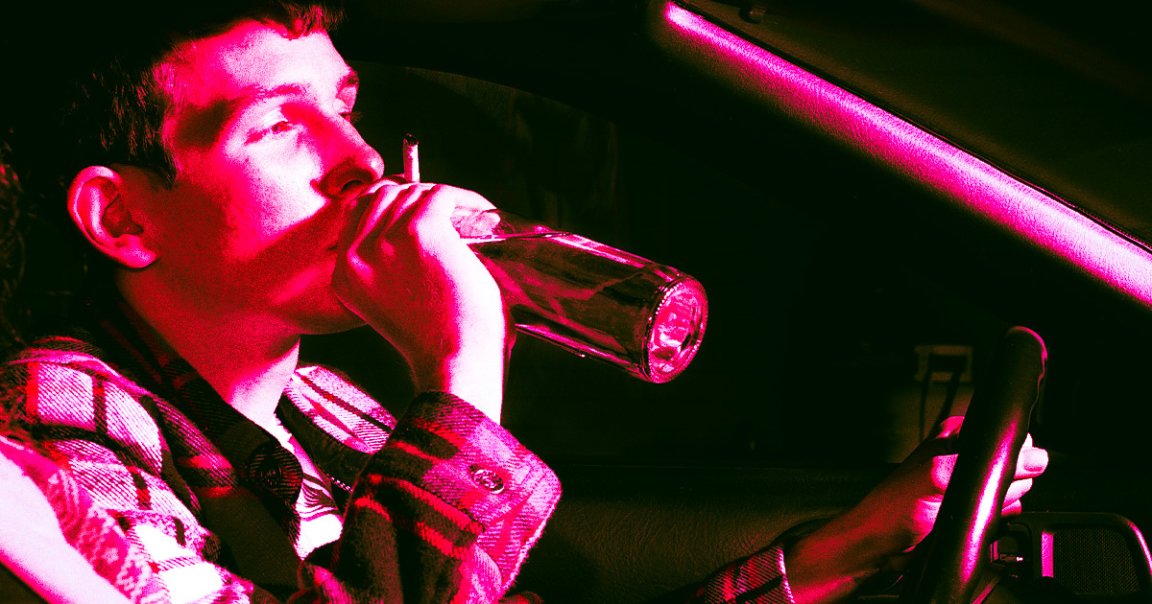
Eye See You
A team of Australian scientists have cooked up a new AI-driven camera system that can detect whether you are too drunk to drive a vehicle.
But the project isn’t quite ready for wide use with only 75 percent accuracy, according to the researchers out of Edith Cowan University in Western Australia, who had presented this camera project at a computer vision conference earlier this year.
The research, flagged by TechSpot, might still have ways to go in terms of accuracy, but the scientists say the technology is promising for preventing alcohol-driven accidents.
“This not only benefits vehicles equipped with driver monitoring systems and eye-tracking technologies but also has the potential to extend to smartphones, making alcohol intoxication detection more effective,” said Edith Cowan University doctoral student and lead study author Ensiyeh Keshtkaran in a statement about the research.
Big Brother
The researchers compiled a data set of videos showing 60 people in various stages of soberness and alcohol intoxication. The researchers then trained a machine learning system to detect drunken impairment from these videos.
It’s a great concept, but the low accuracy is obviously a major problem. Edge cases are also likely to be an issue: will it struggle, for instance, to tell the difference between drunk drivers and people with disabilities?
There’s also the delicate matter of privacy. What’s happening to the data that vehicles collect from cameras recording drivers and passengers? It’s not a theoretical question, with cars already collecting enormous amounts of data about drivers.
And at the end of the day, there’s already reliable tech to prevent drunk drivers from getting into a wreck: breathalyzers to unlock ignitions in vehicles.
More on AI: Driverless Cars Are Biased Against Dark-skinned People and Kids, Scientists Say